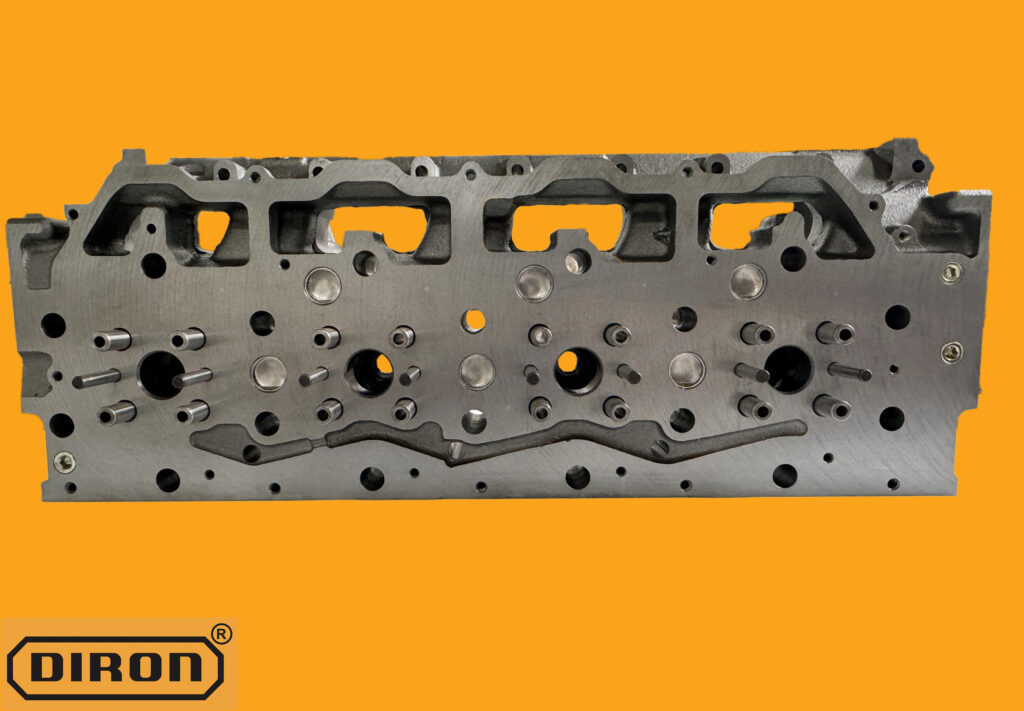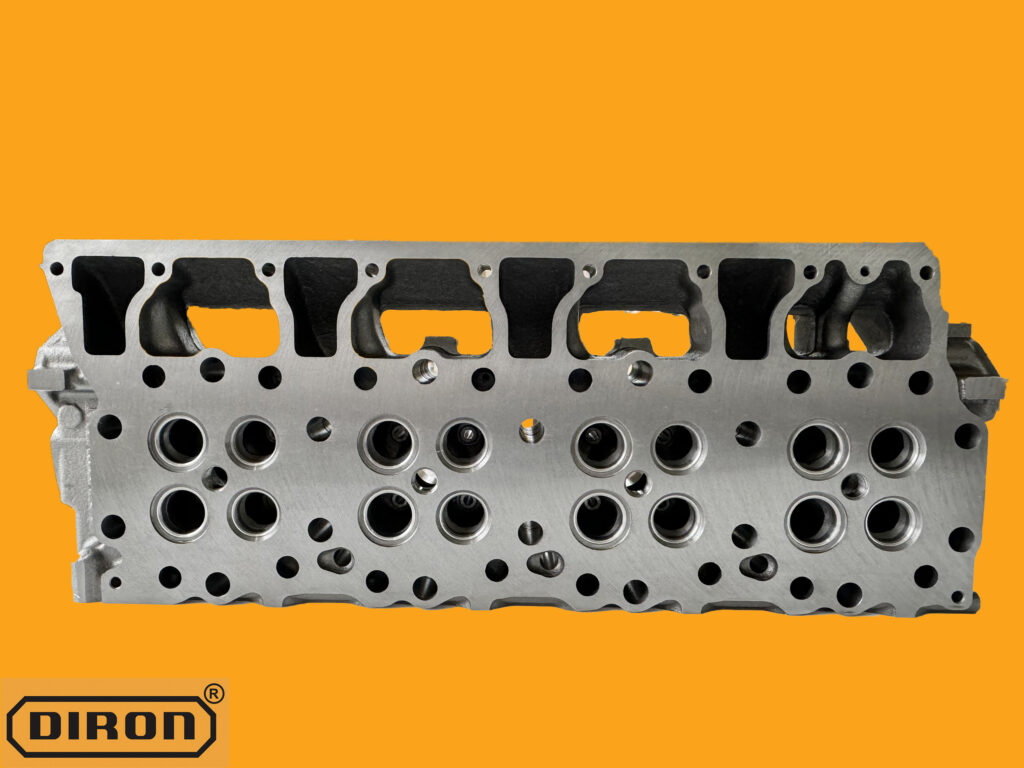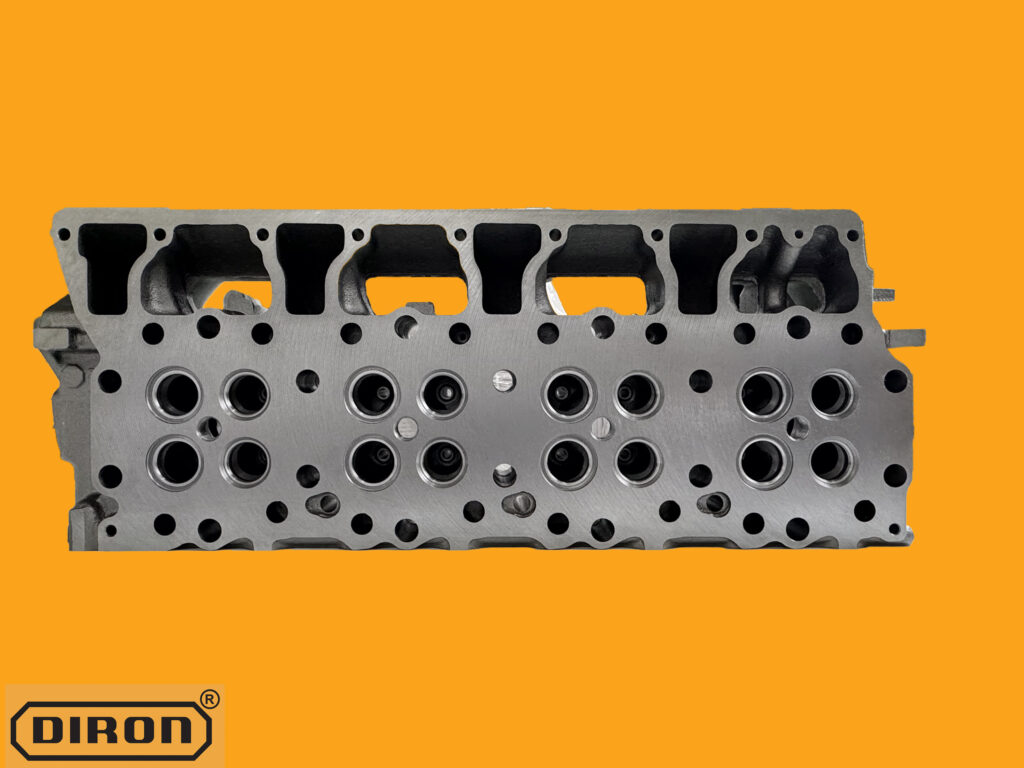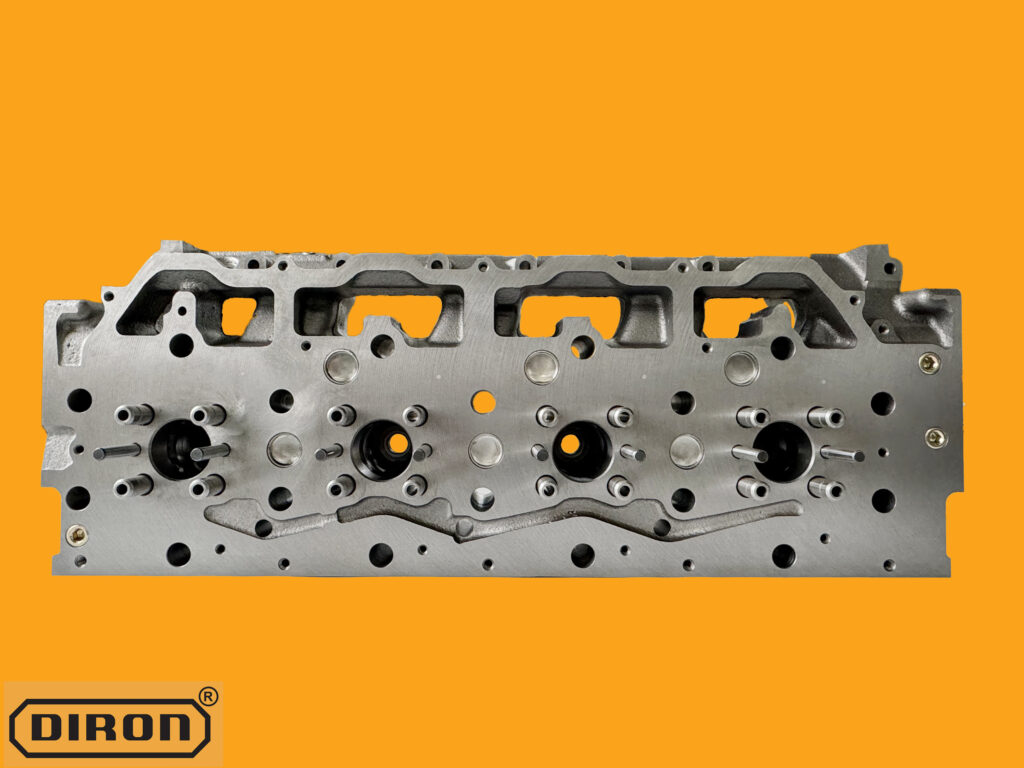Technical News
Winterizing Diesel Engines: Essential Tips for Protecting the Cylinder Head and Key Components
Here are some effective strategies to winterize a diesel engine and mitigate issues related to low temperatures, with a focus on preserving the cylinder head and other vital components:

- Opt for Low-Temperature Diesel Fuel: Choose diesel fuel that is suitable for the lowest temperatures in your area. Cold weather can cause diesel to gel or solidify, potentially clogging the fuel system. Utilizing winter-grade diesel with a low pour point can help prevent this issue.
- Install a Fuel Heater: In regions with extremely cold temperatures, a fuel heater can be beneficial in preventing fuel gelling. Typically positioned between the fuel tank and the fuel filter, this heater warms the diesel using electric or coolant heating, ensuring smooth flow to the cylinder head and injectors.
- Utilize Preheating Devices: Preheating devices can facilitate easier starts in low temperatures. Common options include electric glow plugs, combustion heaters, and intake air heaters. By warming the cylinder head and intake air, these systems enhance fuel ignition during startup.
- Employ a Coolant Heater: A coolant heater can preheat the coolant while the engine is off, helping to maintain engine warmth and prevent cold starts. Electric coolant heaters are particularly effective in freezing conditions, as they can elevate the cylinder head temperature.
- Regularly Change Engine Oil: It’s important to use winter-specific engine oil that maintains good flow characteristics in low temperatures. Cold weather can thicken oil, which may hinder lubrication in critical areas like the cylinder head and camshaft. Selecting the appropriate winter-grade oil ensures effective lubrication and easier starts.
- Maintain the Battery: Cold temperatures can diminish battery efficiency, so it’s essential to keep the battery fully charged and in good condition. Consider adding insulation to the battery or using a low-temperature-resistant battery to ensure it can effectively crank the engine and provide sufficient power to heat components, including the cylinder head.
- Choose an Appropriate Parking Spot: Whenever possible, park the diesel engine in a warmer location to minimize exposure to extreme cold overnight. If parking outdoors, consider using an engine blanket to insulate the cylinder head and other critical parts.
- Warm Air Devices: Some diesel engines come equipped with built-in warm-air systems that can help raise engine temperature. These systems are effective in preventing cold starting issues and support the efficient warming of components, particularly the cylinder head.
By implementing these measures, you can significantly enhance your diesel engine's performance during winter, ensuring that the cylinder head and other essential components remain at an optimal temperature for smooth operation.





